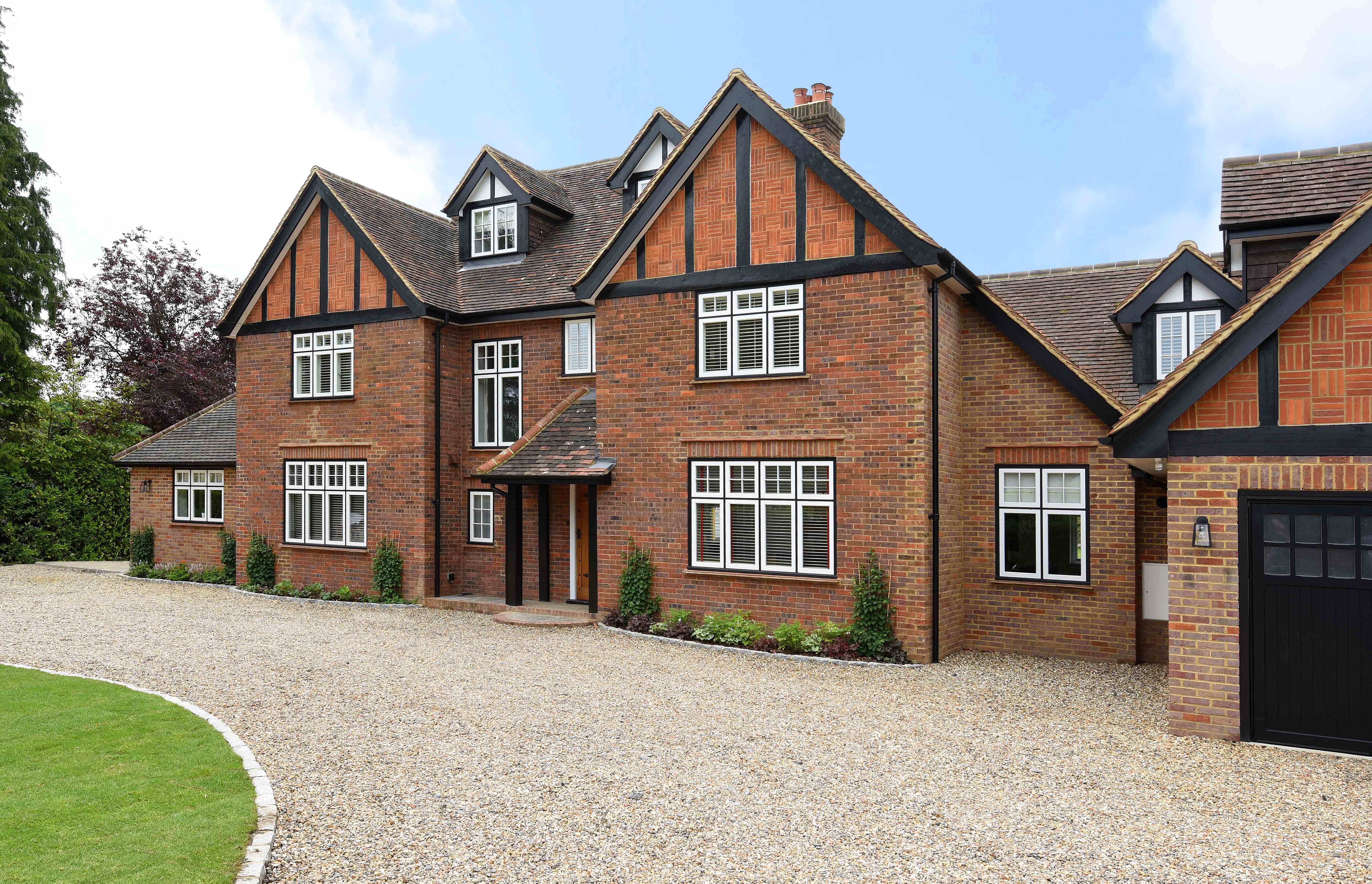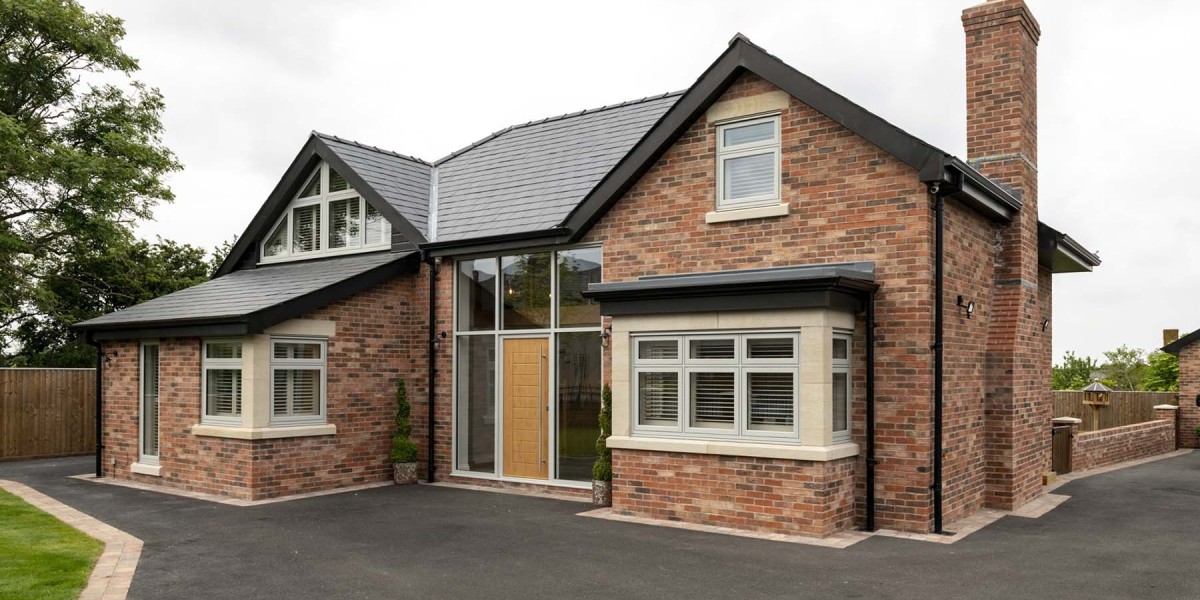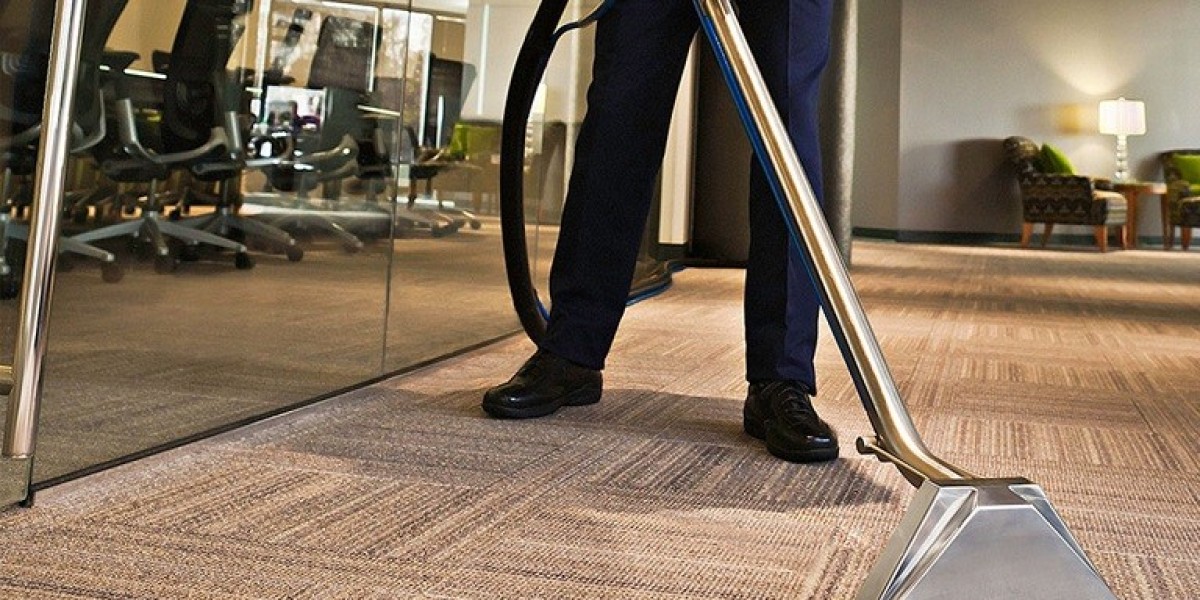
Window replacement is a crucial aspect of home improvement that not only enhances the aesthetic appeal of a property but also significantly improves energy efficiency and comfort. Over time, windows can become worn, damaged, or outdated, leading to various issues such as drafts, increased energy bills, and diminished curb appeal. This article explores the benefits of window replacement, the types of windows available, the replacement process, and considerations for homeowners.
The Importance of Window Replacement
Windows serve multiple functions in a home, including providing natural light, ventilation, and a view of the outside world. However, older windows often lack the energy efficiency of modern designs, https://clean-pro.co.uk/ leading to heat loss in winter and heat gain in summer. According to the U.S. Department of Energy, windows account for approximately 25% to 30% of residential heating and cooling energy use. Replacing old windows with energy-efficient models can reduce energy consumption, lower utility bills, and enhance indoor comfort.
Benefits of Window Replacement
- Energy Efficiency: One of the primary reasons homeowners choose to replace their windows is to improve energy efficiency. Modern windows are designed with advanced technologies, such as double or triple glazing, low-emissivity (Low-E) coatings, and gas fills (argon or krypton) between panes. These features significantly reduce heat transfer, keeping homes warmer in winter and cooler in summer.
- Increased Comfort: New windows can help maintain a more consistent indoor temperature, reducing drafts and cold spots. Homeowners often report improved comfort levels after replacing their windows, as modern designs minimize air leakage and enhance insulation.
- Enhanced Aesthetics: Window replacement offers an opportunity to update the appearance of a home. With a wide variety of styles, colors, and materials available, homeowners can select windows that complement their architectural style and enhance curb appeal. From traditional double-hung windows to contemporary casement designs, the options are virtually limitless.
- Noise Reduction: Modern windows can also provide better sound insulation compared to older models. The use of multiple panes and sound-dampening materials helps reduce outside noise, creating a quieter and more peaceful indoor environment.
- Increased Property Value: Investing in window replacement can increase a home’s resale value. Prospective buyers often prioritize energy-efficient features, and new windows can be a significant selling point. Additionally, the National Association of Realtors estimates that homeowners can recoup around 70% of their window replacement costs upon selling their home.
- UV Protection: Many modern windows come with UV-resistant coatings that can block harmful ultraviolet rays from the sun. This protection helps prevent fading of furniture, flooring, and artwork, preserving the interior aesthetics of a home.
Types of Windows Available
When considering window replacement, homeowners have several options to choose from, each with its own advantages and disadvantages. The most common types include:
- Double-Hung Windows: These windows feature two movable sashes that slide vertically. They are easy to clean and provide good ventilation.
- Casement Windows: Hinged at the side, casement windows open outward, allowing for maximum ventilation and unobstructed views.
- Sliding Windows: These windows consist of two or more sashes that slide horizontally. They are ideal for spaces where ventilation is needed without obstructing walkways.
- Bay and Bow Windows: These windows project outward from the home, creating additional space and providing panoramic views. They are often used to enhance the aesthetic appeal of a room.
- Picture Windows: Fixed and non-operable, picture windows are designed to provide unobstructed views and allow natural light into a space.
- Skylights: Installed in the roof, skylights can bring natural light into dark spaces and improve ventilation.
The Window Replacement Process
The window replacement process typically involves several steps:
- Assessment and Measurement: A professional contractor will assess the existing windows and take precise measurements to ensure the new windows fit correctly.
- Selection: Homeowners will choose the type, style, and materials of the new windows based on their preferences and budget.
- Removal of Old Windows: The contractor will carefully remove the old windows, taking care to avoid damage to the surrounding structure.
- Installation of New Windows: The new windows will be installed according to the manufacturer's specifications, ensuring proper sealing and insulation.
- Finishing Touches: After installation, any necessary finishing work, such as trim or caulking, will be completed to ensure a polished look.
- Final Inspection: A final inspection will be conducted to ensure that the windows are functioning correctly and that there are no air leaks or gaps.
Considerations for Homeowners
While window replacement offers numerous benefits, homeowners should consider several factors before proceeding:
- Budget: Window replacement can be a significant investment. Homeowners should establish a budget and consider financing options if necessary.
- Energy Efficiency Ratings: Look for windows with Energy Star ratings or other certifications that indicate energy efficiency. This can help ensure that the investment will lead to long-term savings.
- Material Choices: Different materials, such as vinyl, wood, or fiberglass, come with varying costs, maintenance requirements, and aesthetic qualities. Homeowners should consider which material best fits their needs.
- Professional Installation: Hiring a qualified contractor for installation is crucial to ensure that the windows are installed correctly and perform as expected. Poor installation can lead to air leaks and other issues.
- Local Climate: The local climate can influence the type of windows that are most suitable. For example, homes in colder climates may benefit from windows with better insulation, while those in warmer areas may prioritize solar control features.
Conclusion
Window replacement is a valuable investment that enhances energy efficiency, comfort, and aesthetics in a home. With a variety of options available, homeowners can choose windows that suit their style and budget while benefiting from modern technologies that improve performance. By understanding the replacement process and considering key factors, homeowners can make informed decisions that lead to long-term satisfaction and energy savings. As energy costs continue to rise and environmental concerns grow, replacing old windows becomes an increasingly important step toward creating a sustainable and comfortable living environment.





